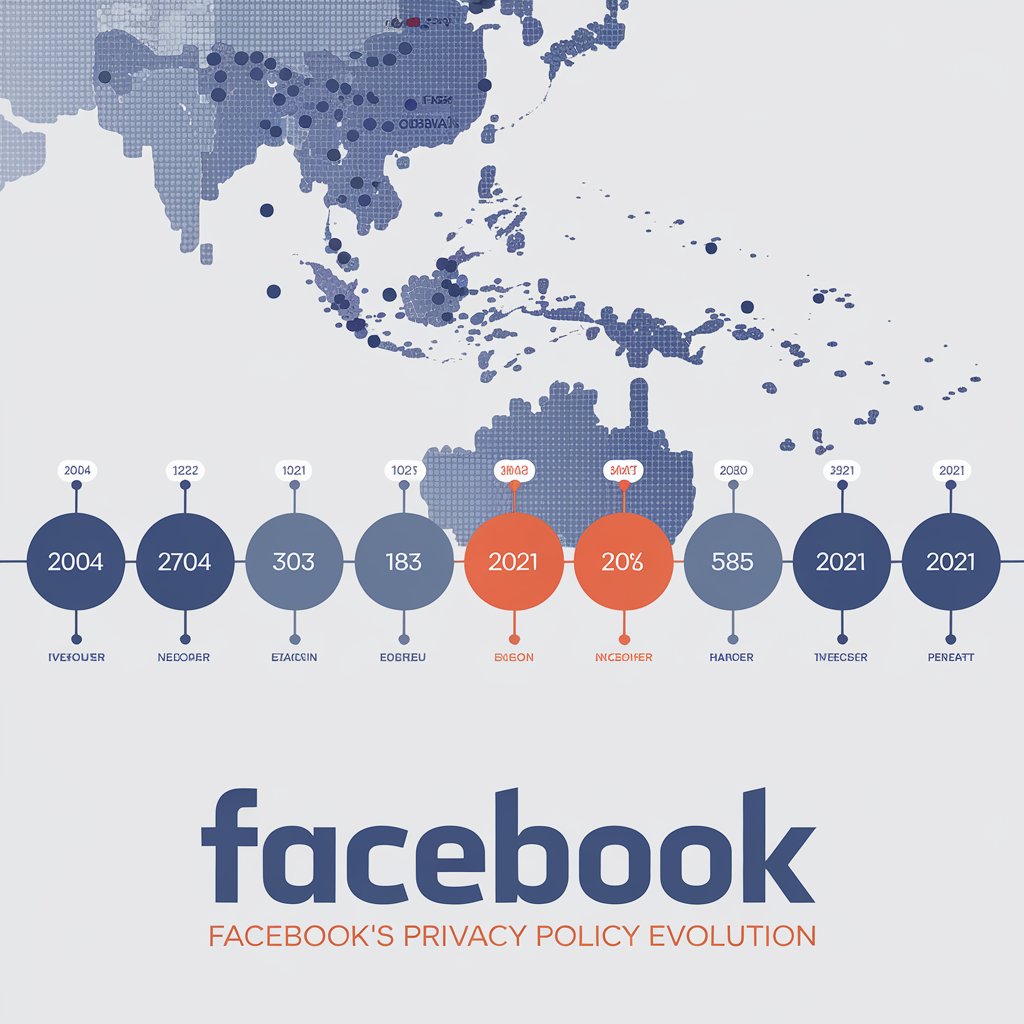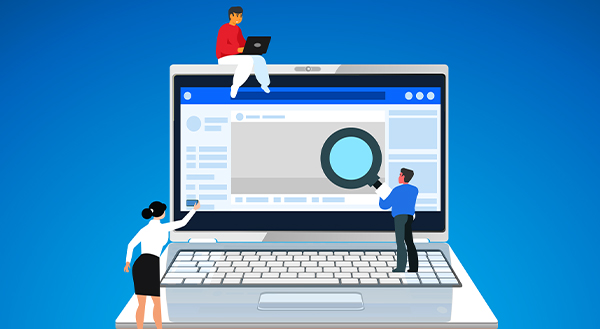We have all heard the adage, “If you aren’t paying for something, you’re the product.” This saying has never been more relevant than when discussing How Does Facebook Privacy Works In Australia. As we navigate through 2024, the landscape of online privacy continues to evolve, and Facebook remains at the center of this ongoing debate. This comprehensive guide will explore the depths of Facebook’s data usage, the risks it poses to your privacy, and actionable steps you can take to protect yourself in the Oceania region.
The Facebook Data Dilemma: More Than Just Targeted Ads
Understanding the Scope of Data Collection in Australia and New Zealand

Facebook’s data collection goes far beyond what most users in Australia and New Zealand realize. It’s not just about the information you willingly share on your profile; it’s about every interaction you have on the platform, every website you visit that has Facebook tracking pixels, and even your offline activities that partners share with Facebook.
The Real Cost of “Free” Social Media in Oceania
While Facebook doesn’t charge users in Australia and New Zealand a monetary fee, the cost comes in the form of personal data. This data is the lifeblood of Facebook’s business model, fueling its advertising machine and contributing to its massive market value in the region.
Alarming Statistics: The State of Social Media and Data Privacy in Australia and New Zealand 2024
Recent studies have shed light on the growing concerns around data privacy and social media usage in Australia and New Zealand:
- In Australia, there has been a slight decline in social media usage. As of October 2023, 78.5% of the Australian population had active social media accounts, down from 80.4% in February 2023 and 82.7% in February 2021.
- In 2024, Australia experienced a further drop, with 2.3% or 500,000 fewer social media users compared to the previous year.
- In New Zealand, as of January 2024, there were 4.13 million social media users, equating to 78.7% of the total population.
- Facebook remains the dominant social media platform in New Zealand, with a 59.91% market share as of September 2024.
These statistics underscore the significant role social media plays in the lives of Australians and New Zealanders, while also highlighting a growing awareness of privacy concerns.
The Evolution of Facebook’s Privacy Policies: A Timeline of Concerns in Oceania

From Open Sharing to Privacy Scandals
Facebook’s journey in Australia and New Zealand has been marked by numerous privacy controversies, mirroring global concerns. While specific incidents in these countries may not be as widely publicized, the global scandals have had ripple effects on user trust in the region.
The Changing Face of Default Settings
As Facebook has evolved, so have its default privacy settings. What was once private by default has often become public, requiring users in Australia and New Zealand to actively manage their privacy settings to maintain control over their data.
The Dangers of Oversharing: Beyond Social Embarrassment in Australia and New Zealand

Personal Information as a Commodity
In 2024, the risks of oversharing on Facebook extend far beyond the social sphere for Australians and New Zealanders. Your personal information has become a valuable commodity, traded and analyzed by data brokers, advertisers, and potentially malicious actors.
The Long-Term Implications of Digital Footprints in Oceania
Every post, like, and share contributes to your digital footprint. In the interconnected world of 2024, this footprint can have far-reaching consequences for your personal and professional life in Australia and New Zealand.
Protecting Your Privacy: Steps for Australian and New Zealand Facebook Users
Reviewing and Updating Privacy Settings
- Go to Settings & Privacy
- Select Settings
- Navigate to Privacy
- Review each section carefully, paying special attention to:
- Who can see your future posts
- Who can send you friend requests
- Who can look you up using your email address or phone number
Managing Ad Preferences
- Go to Settings & Privacy
- Select Settings
- Click on Ads in the left menu
- Review and adjust your ad settings, particularly:
- Ad topics
- Audience-based advertising
- Data about your activity from partners
Controlling Location Tracking
- Go to Settings & Privacy
- Select Settings
- Click on Location
- Turn off Location History and Background Location
Limiting Third-Party App Access
- Go to Settings & Privacy
- Select Settings
- Click on Apps and Websites
- Review the apps and websites you’ve logged into with Facebook and remove any you no longer use or trust
The Importance of Digital Literacy in Australia and New Zealand
As social media usage remains high in both Australia and New Zealand, the importance of digital literacy cannot be overstated. Educational initiatives and public awareness campaigns are crucial in helping citizens understand the implications of their online activities and how to protect their privacy.
Taking Control of Your Online Privacy in Oceania
While Facebook continues to be a popular platform for staying connected with friends and family in Australia and New Zealand, it’s crucial to remember that the company’s primary goal is to make money, often through the use of user data. The slight decline in social media usage in Australia might indicate a growing awareness of privacy concerns.
Now is the time for users in Australia and New Zealand to review and update their Facebook privacy settings. By taking a few minutes to adjust these settings, you can help protect your personal information from potential misuse by Facebook and its partners. Don’t wait until it’s too late – take control of your online privacy today.
Remember, in the digital landscape of 2024, your data is valuable. By being proactive about your privacy settings and mindful of what you share online, you can enjoy the benefits of social media while minimizing the risks to your personal information.
